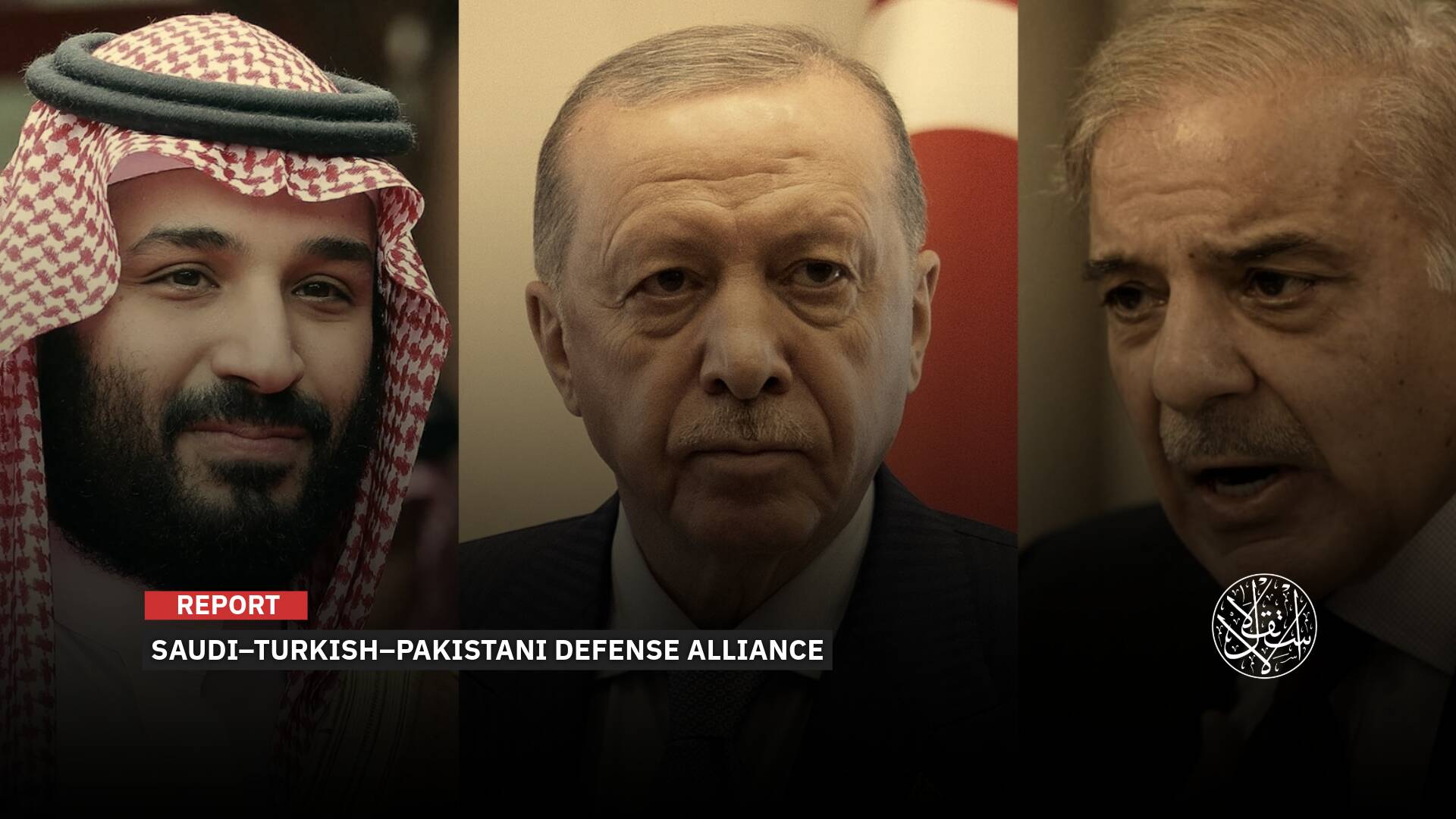Chinese Espionage Weapons: How Does the Chinese State Security Agency Operate?

The Chinese Ministry of State Security (MSS) is playing a significant external role in penetrating the defenses of its adversaries, particularly against the United States.
On August 14, 2023, Intelligence Online revealed that the Chinese Ministry of State Security, known as Guoanbu, is providing non-Chinese passports to its agents.
It was mentioned that the Chinese military is focusing on mobilizing near the border with the Indian region of Arunachal Pradesh, as the Chinese Communist Party has a strong interest in that specific area.
Why this interest? And why is the Chinese Ministry of State Security, supported by the military, particularly active in this region?
Military Deployment
According to the French magazine, the Chinese Ministry of State Security obtains Indian passports for its personnel by facilitating marriages between men from Arunachal Pradesh and Chinese women.
Sources in the Indian state confirmed to Intelligence Online that the Chinese military continues to expand westward, increasing its activities in the Upper Siang region after already establishing itself in the Anjaw and Dibang Valley regions along the borders between India and Myanmar.
They added that this progress along the entire Tibet–Arunachal Pradesh border aligns with the Chinese military’s positions near the state borders.
It was mentioned that China has plans for Arunachal Pradesh, where Indian sovereignty is contested.
According to an Indian intelligence source, the Chinese military is currently constructing supportive infrastructure for its forces and civilian structures in currently uninhabited parts of Indian territory to strengthen its control.

The ‘Arunachal Marriages’
On April 2, 2023, the Chinese Ministry of Civil Affairs published maps containing new Chinese names for 11 geographical entities in Arunachal Pradesh, following approval by the State Council.
The Chinese Communist Party had previously used this naming technique with other regions, such as the Kuril Islands, as a way to legitimize its control over the area.
Simultaneously, the Chinese Ministry of State Security (MSS) embarked on another strategy, facilitating marriages between Indian men from Arunachal Pradesh and Chinese women.
Usually, the women engaged in these marriages have Tibetan origins because they share similarities with East Indian features.
It is common among members of many Arunachal Pradesh tribes not to register accurate information about their family members and birthplaces.
Over time, the Chinese Ministry of State Security developed a method to exploit this lack of documentation, facilitating marriages between Chinese women and men from Arunachal Pradesh tribes.
The second step of this operation includes supporting asylum applications for many of these Chinese women and their children, selected by the Ministry of Social Solidarity, to travel to the United States.
Penetrating Washington
The second phase involves refugee entry visas into the United States, allowing the person to stay indefinitely in the country.
Once they arrive in the U.S., special units under the local branch of the Ministry of State Security, responsible for espionage and influence activities abroad, take charge of expediting the integration of these Chinese citizens into the United States.
This is done by erasing all traces that point to the origins of these refugees, effectively planting strong and widespread agents for the agency in Washington.
On October 23, 2017, The Guardian published a report on the role of the Chinese Ministry of State Security, noting that it is one of the largest and most active intelligence agencies on the planet.
According to Article 4 of the Chinese Criminal Procedure Law, the MSS has the right to arrest and detain individuals for crimes related to state security.
It further stated that the Chinese Ministry of State Security has demonstrated its efficiency through effective measures against foreign conspiracies and activities contrary to the socialist system in China.
It also pointed out the presence of at least 120,000 agents affiliated with the MSS working unofficially in the United States, Canada, Europe, and Japan, most of whom are businessmen, bankers, and scientists. This illustrates the extensive geographic reach of the agency’s personnel.
The Guo Wengui Crisis
In 2017, a severe crisis nearly erupted between Washington and Beijing due to the activities of the Chinese Ministry of State Security (MSS) in the United States.
The issue began when officials from the MSS entered the United States on transit visas that did not permit them to engage in official business. During their visit, they attempted to convince Chinese dissident Guo Wengui to return to Beijing with them.
Guo Wengui had agreed to meet with the intelligence personnel out of gratitude to an official who had helped bring his wife to the United States. However, he took precautions by recording the conversations and alerted the Federal Bureau of Investigation (FBI).
Immediately afterward, a confrontation ensued between the Chinese individuals and FBI agents at a train station in Pennsylvania.

At first, they denied and claimed to be cultural diplomats, before eventually admitting that they were security officials affiliated with the Ministry of State Security.
As a result, official authorities in China, led by the Ministry of Foreign Affairs, received warnings about their espionage activities in the United States, and the agents were ordered to return to their homeland.
The crisis escalated significantly when the agents failed to comply with the Federal Bureau of Investigation’s (FBI) orders and made a second visit to Guo Wengui’s apartment before leaving the country.
However, this time, Guo Wengui forcibly ejected them from the building after rejecting their offer of silence in exchange for immunity.
The situation was on the brink of a diplomatic crisis, with the FBI prepared to arrest the Chinese security officials at John F. Kennedy International Airport before their return to China due to fraud and extortion.
Nevertheless, senior authorities in China intervened at the last moment, and no arrests were made following pressure from the Ministry of Foreign Affairs to avoid a diplomatic crisis.
However, the FBI confiscated the cell phones of the Chinese officials before the plane took off as a form of punishment and deterrence.
Defensive Role
However, the role of the Chinese Ministry of State Security is not limited to recruiting agents and infiltrating adversaries; it also plays a strong defensive role in tracking and apprehending spies.
This was evident on August 11, 2023, when the MSS revealed a case of espionage on behalf of the Central Intelligence Agency (CIA). They mentioned that a Chinese citizen named Zhang was involved in this case, as he provided critical classified information in exchange for substantial rewards.
China warned that it would not hesitate to protect its internal security, emphasizing the risks of recruiting Chinese citizens abroad. The Ministry of State Security stated that, following a thorough investigation, they had obtained evidence of Zhang’s espionage activities and, in accordance with the law, took coercive measures to mitigate the damage in a timely manner.
The statement revealed that the 52-year-old man had gone to Italy for studies, where he established a friendship with a member of the CIA based at the U.S. Embassy in Rome.
The CIA operative convinced Zhang to provide sensitive information about the Chinese military in exchange for substantial rewards and assistance for him and his family to relocate to the United States.
Zhang signed a contract with the U.S. side and received intensive training before returning to China to carry out espionage activities.
This case garnered widespread attention in China, and it became a trending topic on the Chinese social media platform Weibo.
The Ministry of State Security is intensifying its efforts to combat such activities, including the implementation of the Counter-Espionage Law in July 2023, which enhances its authority to punish those considered threats to national security. This law has allowed them to deploy thousands of new personnel throughout the country, especially in institutions with security dimensions, such as the military, ministries, economic zones, and commercial areas.
Sources
- Guoanbu securing non-Chinese passports for its agents
- Trump sought dissident's expulsion after hand-delivered letter from China – report
- China reveals a "espionage case" for the CIA [Arabic]
- Who are the 10 most powerful intelligence services in the world for this year? [Arabic]
- China passes tough new intelligence law










